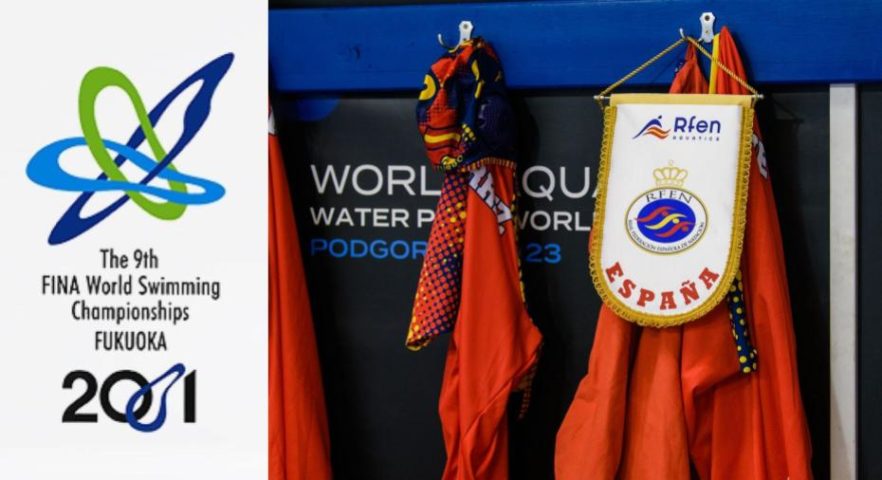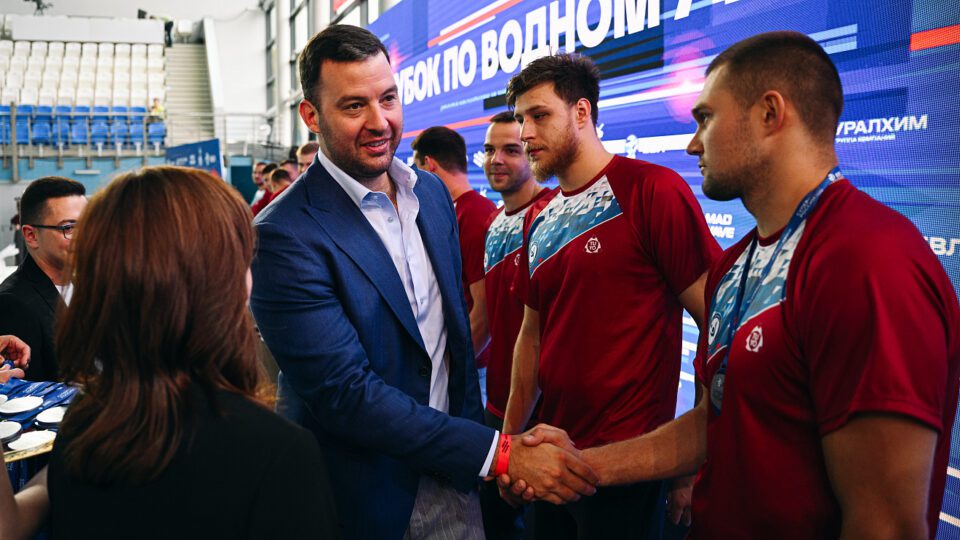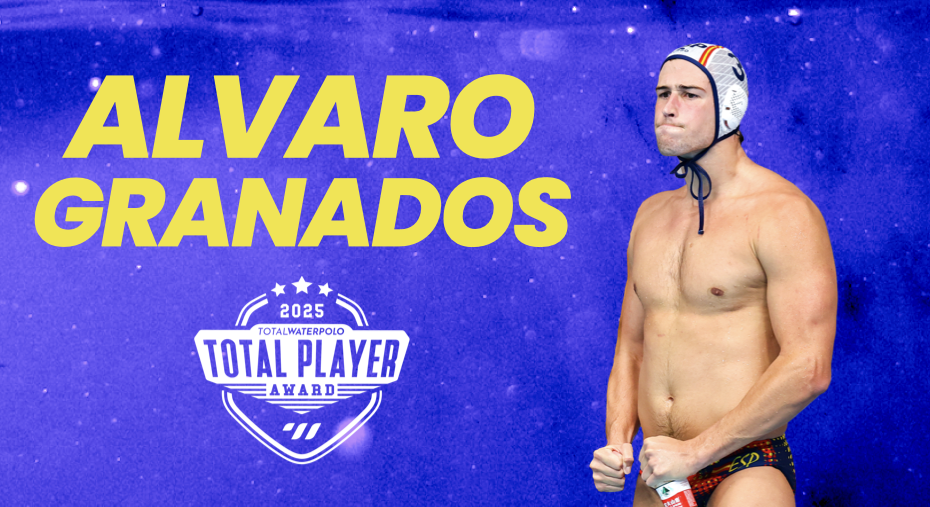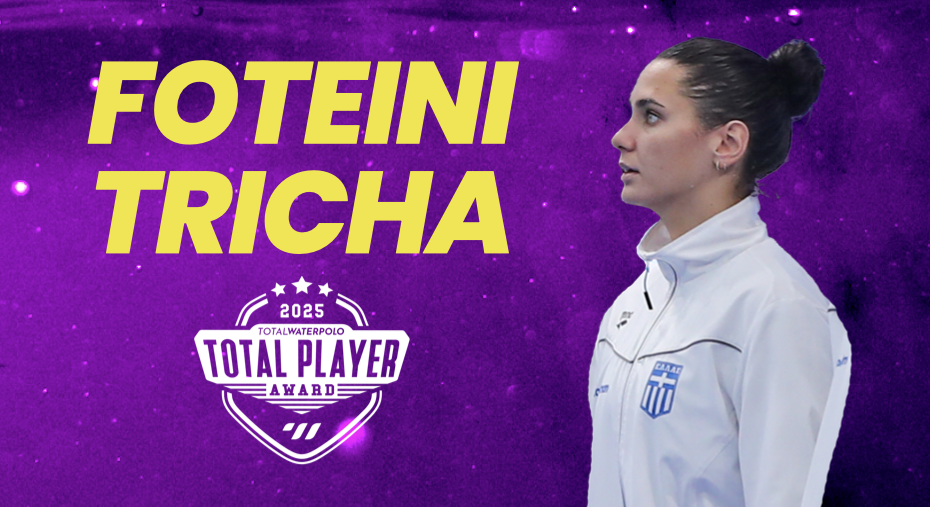Fukuoka will be the fourth city to host the World Aquatics Championships for the second time.
Before the sixth-largest Japanese city, three European cities organized the Championships twice: Rome (1994 and 2009), Barcelona (2003 and 2013), and Budapest (2017 and 2022).
Fukuoka welcomed the athletes in aquatics sports for the first time in 2001.
The 20th Worlds in Fukuoka were originally scheduled for 2021, then moved to 2022. Last year the Championships were postponed again, and the WCH in Fukuoka will finally happen between July 14 and 29 (the women’s water polo tournament begins on July 16, and the men start a day after)
Let’s take a moment to reflect on the past and recall the gold-medal match of the men’s water polo tournament at the 2001 World Championships. This match marked the lowest-scoring final game in the 50-year history of the Worlds. There were only six goals. Spain emerged victorious over Yugoslavia with a 4:2 score.
Today, it’s almost impossible to imagine such a final. But, water polo has changed in the last 22 years. Among other things, the game is prolonged (in 2001, the duration of the quarter was still seven minutes). However, the era when the time for the attack wasn’t limited had passed a long time before 2001. There were not so many goals as there are now in water polo games, but “football” results weren’t so often.
For instance, three years before Fukuoka, Spain defeated Hungary 6:4 in the final of the 8th Worlds, held in Perth. In 1994, Italy won gold in Rome, beating Spain 10:5 in the final.
From Budapest to Fukuoka
The European teams arrived in Fukuoka less than a month after the end of the 25th European Championships held in Budapest. Yugoslavia clinched gold in the capital of Hungary, beating Italy by three goals in the final (8:5). Hungary won bronze, Croatia finished 4th, Russia 5th, Spain 6th…
There were not many low-scoring matches in Budapest. However, from the start of the World Championships, there were indications that all teams would care a lot about defense, especially the teams that eventually reached the final.
13.7 A total of 822 goals were scored in 60 matches in Fukuoka in 2001 – 13.7 per match, which is the lowest average at the men’s water polo tournament in the World Championships in the last 40 years. Only the first three editions of the Worlds produced fewer goals – 1973: 10.08 per game, 1975: 10.32 and 1978: 9.97. Goal getters at the 2003 World Championships in Barcelona had a slightly better output than in Fukuoka – at 13.73 per match
The competition formula differed from the current one. The teams were split into four groups of four in the first phase. After that, the top three from each group advanced to the second stage, where two new groups of six teams were formed. The 1st-placed and 2nd-placed qualified for the semifinals.
One of the derbies in the first phase was a replay of the final in Budapest, Yugoslavia – Italy. The game between the same rivals at the European Champioships produced 13 goals (Yugoslavia won 8:5). In Fukuoka, the match ended in a 3:3 draw (there were no goals in the first quarter, and the scores of the next three were the same – 1:1).
Spain’s most demanding task in the first phase was a match against Croatia. The Spaniards won by two goals (6:4). It was a strange game, Spain opened the match with a 3:0 lead. Croatia leveled at 3:3 by halftime. The Spaniards produced a new 3:0 run in the third quarter. Croatia scored the only goal in the final seven minutes.
6 Spain conceded only six goals in the group of the first phase. Before beating Croatia, it downed Australia 8:1 and Japan 12:1 (the biggest winning margin at the Championships)
Yugoslavia played in Group E of the second phase, along with Italy, Hungary, Greece, Kazakhstan and Slovakia.
Spain was in Group F with Croatia, Russia, the USA, Australia and the Netherlands.
There were several “football” results in this phase, too. Serbia beat Greece 4:3. Italy edged out Hungary 3:2 in the decisive match for 2nd place in Group E. Greece defeated Slovakia 4:3, etc.
Yugoslavia finished first, ahead of Italy, Olympic champion Hungary, Greece, Kazakhstan and Slovakia
There were no low-scoring encounters in Group F (there were at least 11 goals in a match). Spain finished 1st, beating Russia in the crucial match for the top spot (9:8). Russia went to the semifinals from 2nd place. Croatia (3rd place), USA (4th),Australia (5th) and the Netherlands (6th) continued the Championships in the classification matches.
Medal matches, Spain’s copy and paste
And then came the semifinals, which produced two big battles.
Yugoslavia beat Russia 9:8. The match between Spain and Italy was another low-scoring thriller. Nobody could find the net in the first quarter. The second proved crucial for the outcome, as Spain led 3:1 at halftime. Each side scored a goal apiece in the third period and defenses dominated in the fourth quarter, so Spain recorded a 4:2 win.
Russia won bronze beating Italy 7:6.
The reigning world and the Europen champion, Spain and Serbia, met in the final. The Spaniards repeated the result of the semfinals.
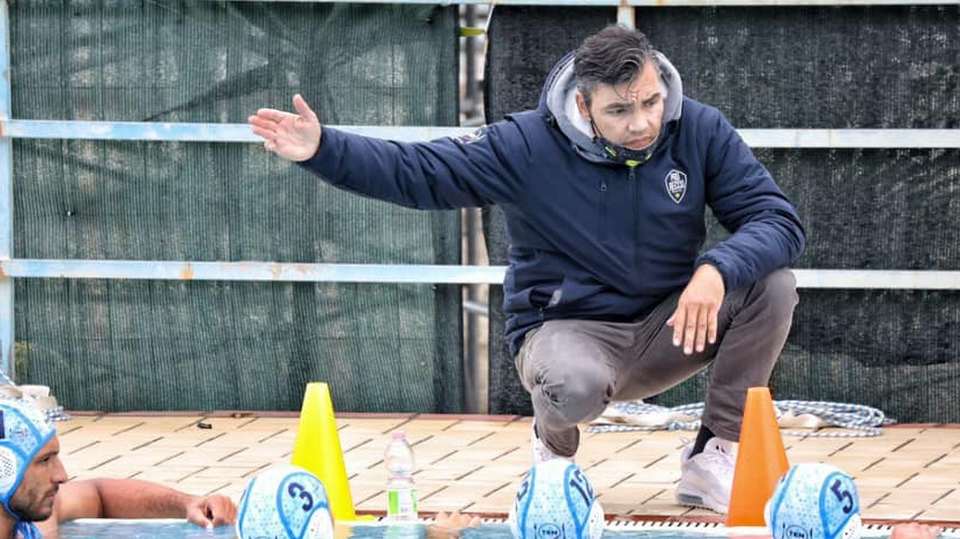
Gabriel Hernandez Photo: Pro Recco/FB
The heroes of Spain’s win were great goalkeeper Jesus Rollan, who tragically died five years later, and Gabriel Hernandez, who coached Pro Recco two seasons ago and led the team to the 2021 Champions League title. Spain won 4:2 and Hernandez scored three goals.
2001 World Championships, Fukuoka, men’s final
Spain – Yugoslavia 4:2 (2:1, 0:0, 2:1, 0:0)
Spain: Jesus Rollan, Carlos Sanz, Sergi Pedrerol, Gustavo Marcos, Guillermo Molina, Angel Andreo, Gabriel Hernandez 3, Ivan Moro, Daniel Ballart, Salvador Gomez, Ivan Perez 1, Javier Sanchez, Daniel Moro. Head coach: Joan Jane.
Yugoslavia: Aleksandar Sostar, Petar Trbojevic, Predrag Zimonjic, Branko Pekovic, Dejan Savic, Danilo Ikodinovic 1, Viktor Jelenic, Veljko Uskokovic 1, Aleksandar Ciric, Aleksandar Sapic, Vladimir Vujasinovic, Nenad Vukanic, Denis Sefik. Head coach: Nenad Manojlovic.
Hernandez opened the scoring. Veljko Uskokovic leveled at 1:1, but Hernandez closed the first period with a goal for 2:1. The second quarter produced no goals. Danilo Ikodinovic equalized early in the third period (2:2). Shortly after, Hernandez added his third goal, and legendary center-forward Ivan Perez made it 4:2. In the last 10 minutes, there were no goals and Spain successfully defended the title won in Perth three years before.
I Spain became the first team to win two back-to-back titles at the men’s water polo tournament at the World Championships. Since 2001, nobody has defended the title of the men’s world water polo champion.
Lowest-scoring women’s final
The lowest-scoring final match of the World Women’s Championships was the match between Team USA and the Netherlands in Kazan in 2015.
The Americans won by a single goal – 5:4 (0:1, 2:1, 3:1, 0:1).
As for the 2021 Fukuoka tournament, Italy won the gold medal with a convincing 7:3 victory over Hungary in the final.
For more news and the schedule about the upcoming Worlds, visit Total Waterpolo’s 2023 World Championships page.
More articles about the World Championships
More articles about water polo history
Follow us on Facebook, Twitter and Instagram. For more video content, subscribe to our Youtube Channel and Tik Tok account



